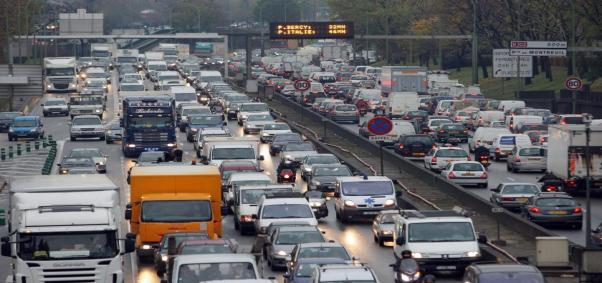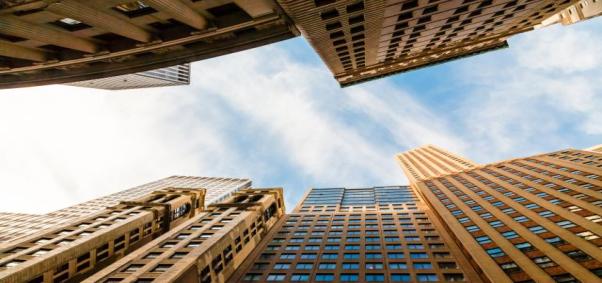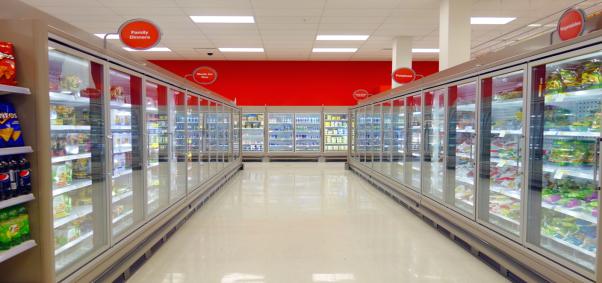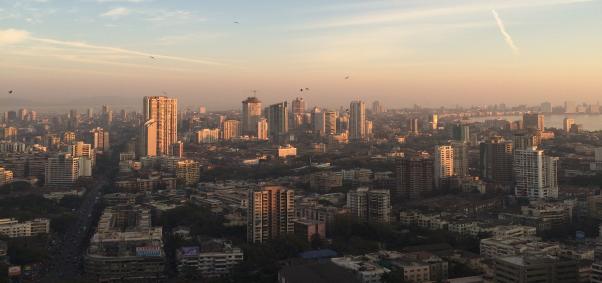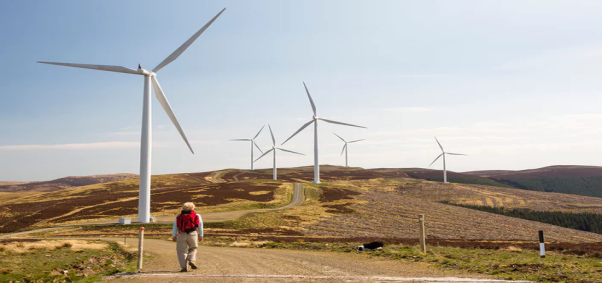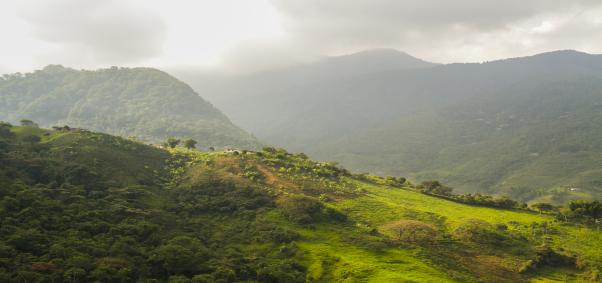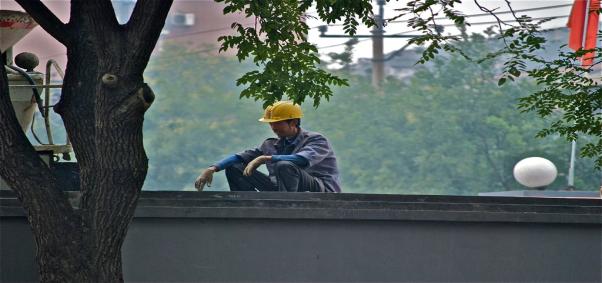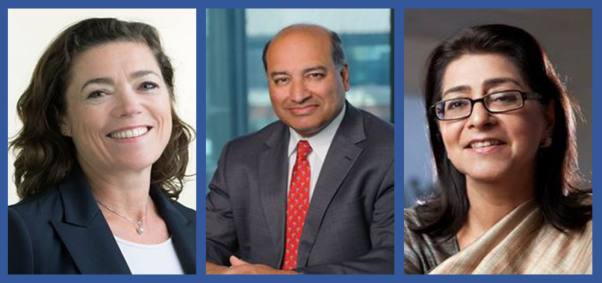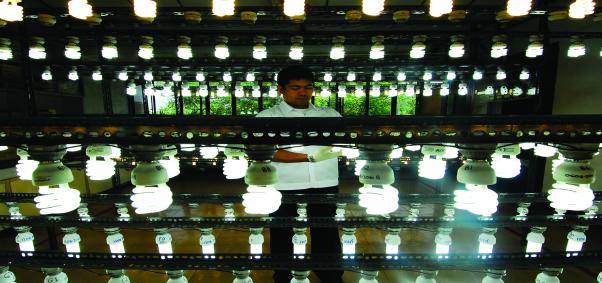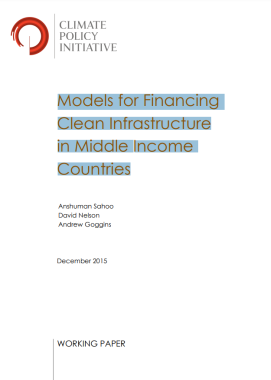
What happens to clean infrastructure finance when countries are big and fast-growing but have immature financial systems and a scarcity of long-term domestic investors? The Climate Policy Initiative (CPI) compares two different financing models from middle income countries: the highly centralized model of Brazil and the decentralized model from India.
Downloads
671.88 KB
1.2 MB
459.69 KB
5.38 MB
![]() Seizing the Global Opportunity: Partnerships for Better Growth and a Better Climate
Seizing the Global Opportunity: Partnerships for Better Growth and a Better Climate
6.21 MB
979.94 KB
![]() Models for Financing Clean Infrastructure in Middle Income Countries
Models for Financing Clean Infrastructure in Middle Income Countries

